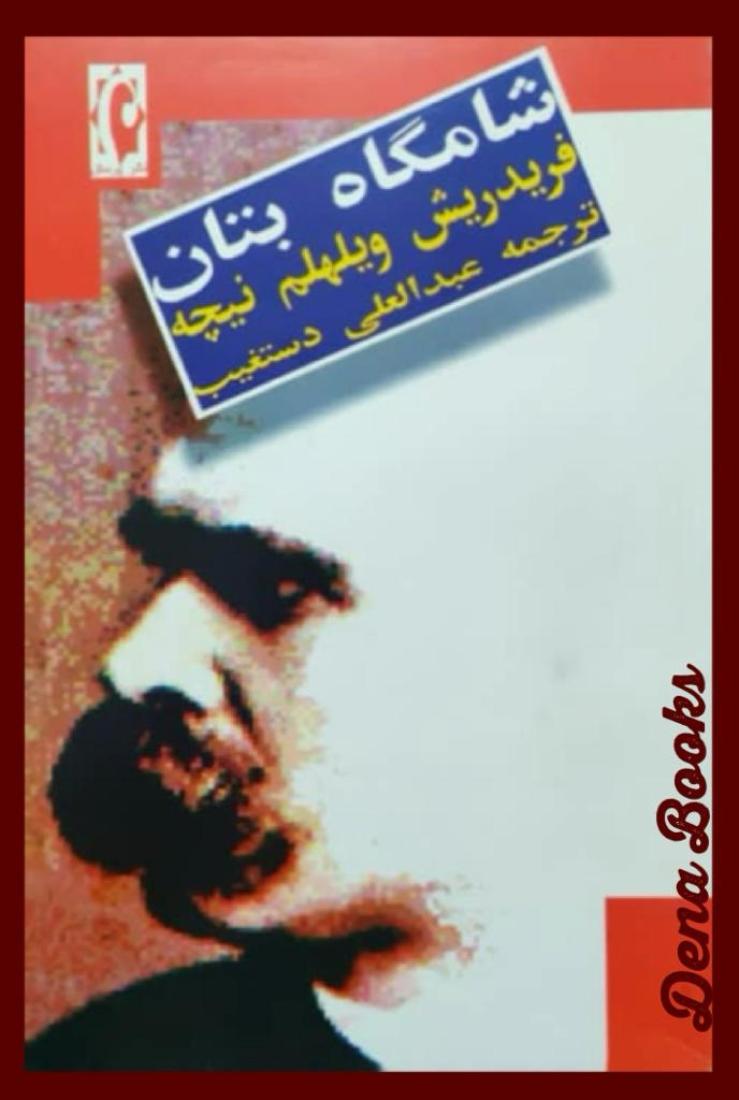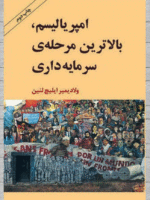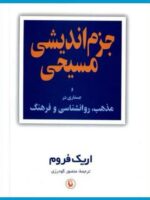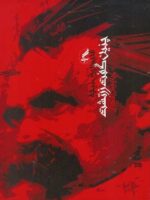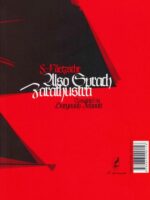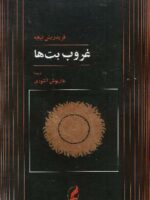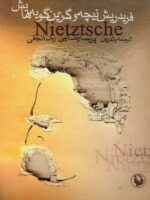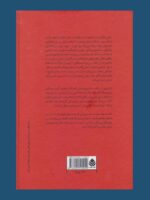شامگاه بتان
آثار نیچه در زمان حیاتش و پس از آن تأثیرات بسیار جدی بر جنبشهای فلسفی، ادبی، فرهنگی و سیاسی قرن بیستم گذاشت. آثار مکتوب و منتشر شده نیچه نشان میدهد که حیات خلاق او بین سالهای ۱۸۷۲ تا ۱۸۸۸ بودهاست. نیچه، شوریده سری است که در شوریدگی و آفرینشگری اش بی مانند است.
خطا نیست، اگر گفته شود نیچه چونان سقراط به زایش و زایندگی اشتیاق وافر داشت، چون نیچه بیش از آن که به تولید اندیشه یا ایده پردازی بپردازد، در پی آن بود که اندیشیدن را مورد توجه قرار دهد. از این رو است که اگر فلسفه از نگاه نیچه تعریف شود چیزی نخواهد بود مگر این که «فلسفه عبارت است از آفریدن ارزشهای نو».
نگاه نیچه به هرچه هست، تازهاست. قضاوتی که او درباره جهان میکند و آن را به پرسش میگیرد، داوری متفاوتی است وی میگوید: «جهان چیزی جز آنچه هست نیست، و دنیای حقیقی، دروغی بیش نیست»؛ به دیگر سخن، جهانی در پساپشت این جهان وجود ندارد.
” Twilight of the Idols means that the old truth is on its last legs,” declared Friedrich Nietzsche in this 1889 polemic. Forceful in his language and profound in his message, the philosopher delivered the nineteenth century’s most devastating attack on Christianity. Intended by Nietzsche as a general introduction to his philosophy, it assails the ”idols” of Western philosophy and culture, including the concepts of Socratic rationality and Christian morality.
Written while Nietzsche was at the peak of his powers, less than a year before the onset of the insanity that gripped him until his death in 1900, this work’s proximity to the end of the author’s career renders it a distinctive portrait from his later period. The source of the famous dictum, ”Whatever does not kill me makes me stronger,” it blazes with provocative, inflammatory rhetoric that challenges readers to reexamine what they worship and why.

